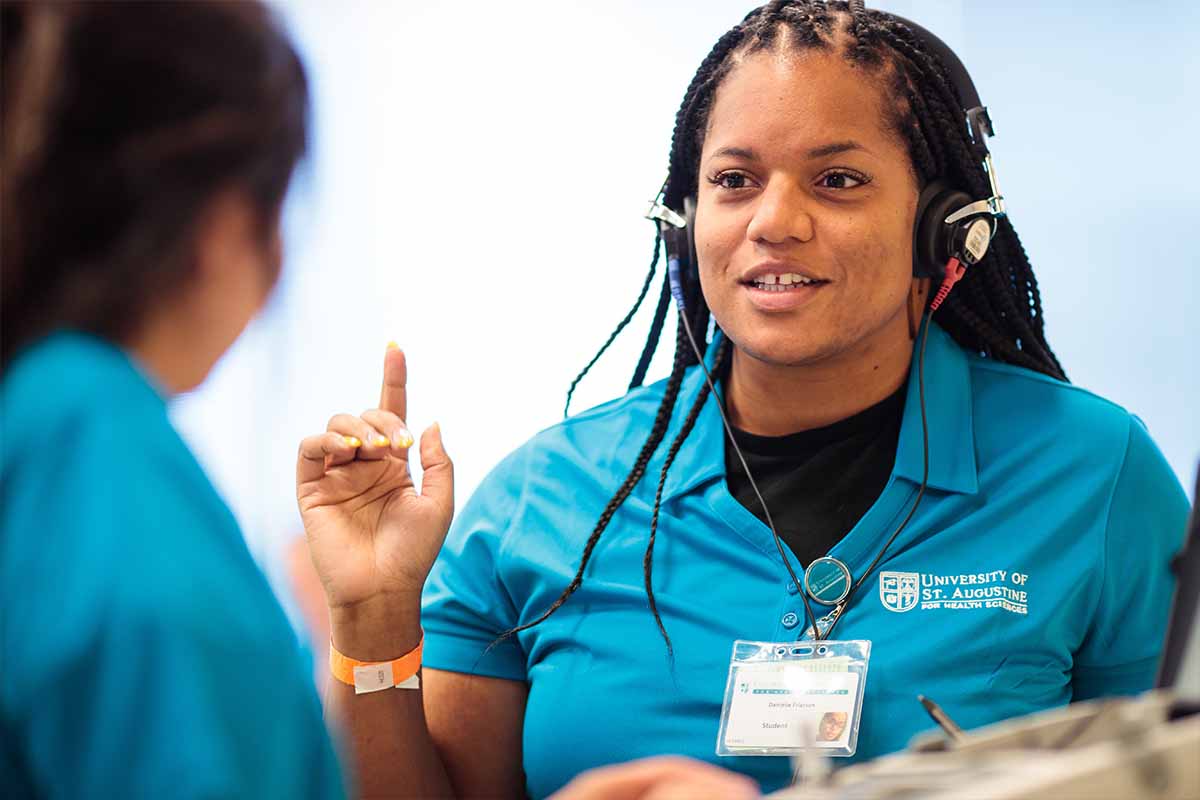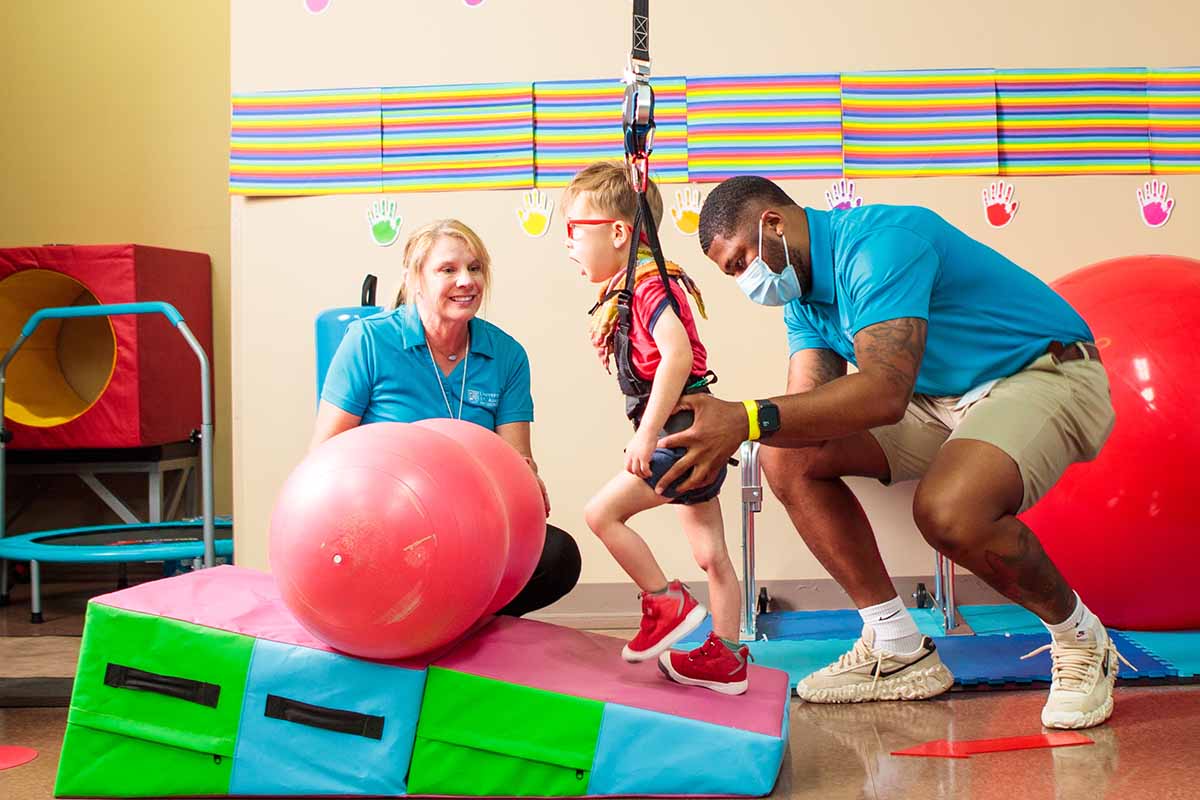
Using Nursing Experience to Better the Health Care System
“Choose a job you love, and you will never have to work a day in your life.” This familiar Confucius quote sits at the top of Patrick Mayorga’s LinkedIn profile. Mr. Mayorga has been in nursing for 30 years. He is affable and eager to help wherever he can. “What initially got me interested in the field of nursing was the singular focus on somebody other than yourself,” he said.
Mayorga has worked in Emergency settings, hospitals and flown all over the world practicing Flight Medicine, and now he wants to help future nurses through the creation of workflows and algorithms. He’s focused on putting his experience “back into the system” through his specialized focus on Nursing informatics (NI).
What is Nursing Informatics?
As hospitals and facilities increasingly adopt healthcare technologies, they are relying on nurses to be the lynchpins in using and applying new technologies to improve patient care. Because of this need, Nursing Informatics has become a critical part of our health care system. The Healthcare Information System and Management Society defines Nursing Informatics as “the specialty that integrates nursing science with multiple information management and analytical sciences to identify, define, manage, and communicate data, information, knowledge, and wisdom in nursing practice.”


Real World Use of Nursing Informatics
“Since Patrick was in the first cohort of our MSN Program,” Program Director of the Nursing Program Dr. Robin Dennison said, “he demonstrated great resilience and adaptability which will serve him well in his nursing informaticist career.”
Mayorga has taken his excitement for both nursing and data and merged them together with NI. “I believe that currently there are many people that know how to program and there are many people that know how to provide healthcare, but there are very few people that know both,” Mayorga said.
Since graduating from the University of St. Augustine for Health Sciences’ (USAHS) Master of Nursing (MSN) program in December of 2018, Mayorga has gone on to perform studies about over oxygenating patients. When a patient that has a 100 percent oxygen level the body system shuts down because an outside force is oxygenating it without any extra work, which slows down breathing and can lead to pneumonia. “For the last 10 years I’ve known this as anecdotal information just being a nurse,” he said. “But I was unable to share it in an effective manner that allowed the physicians and others to create protocols and adopt those theories.”


How Nursing Informatics Is Changing Health Care
His MSN degree with experience in Nursing Informatics changed that. His oxygenation studies and others like them are changing the future of healthcare and nurses’ roles in it. In the Online Journal of Nursing Informatics, Winter 2019, journal topics included: patient portal messaging to improve glycemic control, secure texting applications for purpose of patient care, and leveraging real-time data and advanced analytics to anticipate patient deterioration.
“Becoming a recognized specialist is one of the most effective ways to affect change. Being a generalist isn’t going to change anything,” Mayorga said.
Mayorga plans to pursue a Doctor of Nursing Practice degree as he continues his role as a Case Management Specialist at UC San Diego Health.








